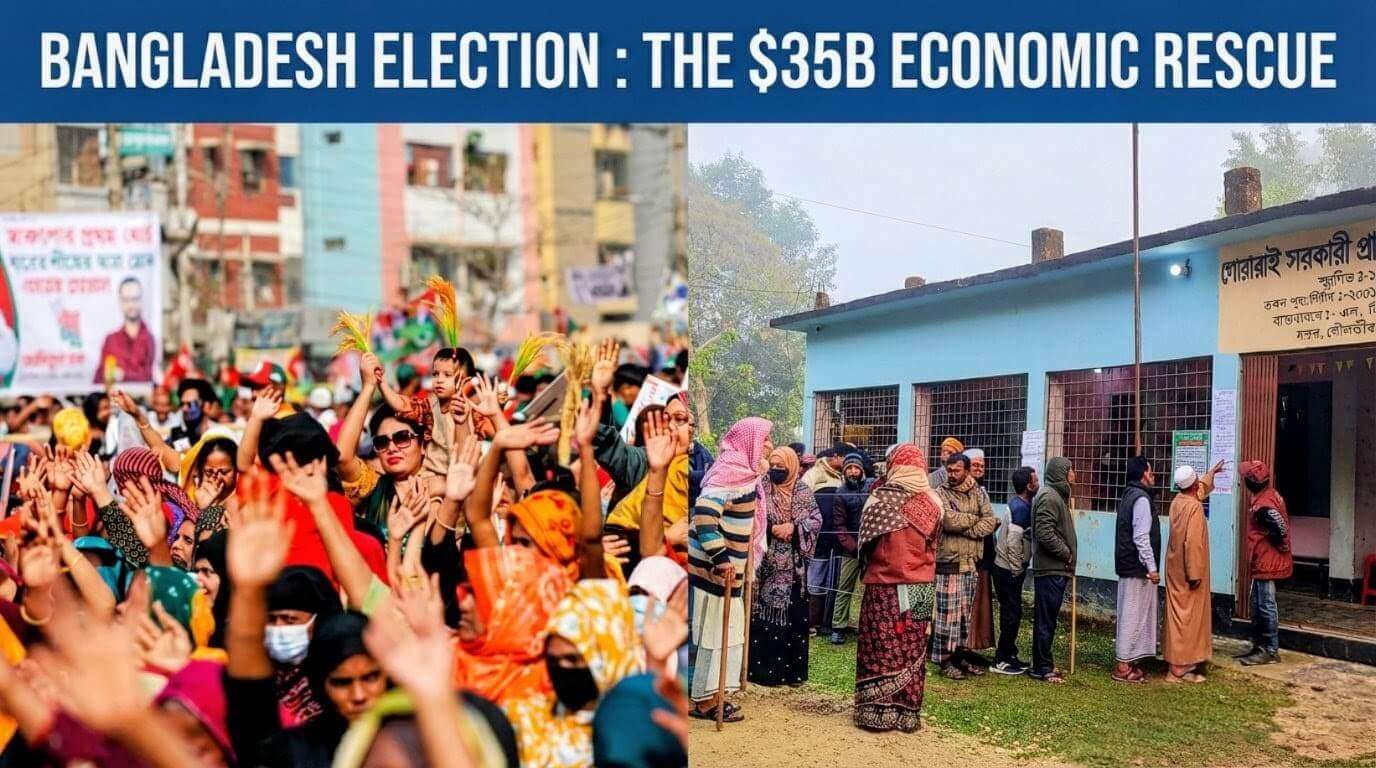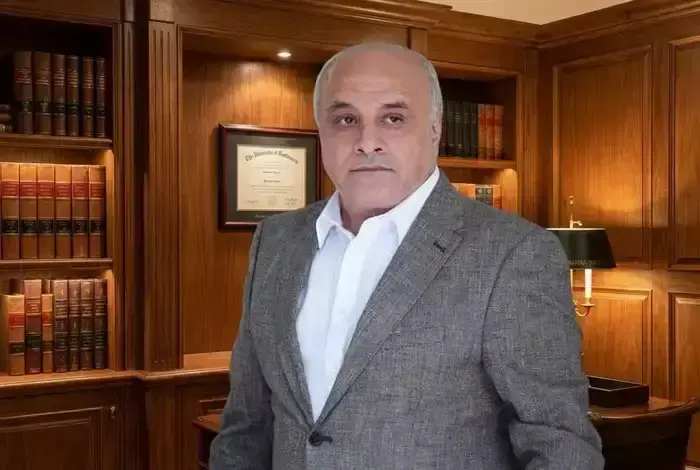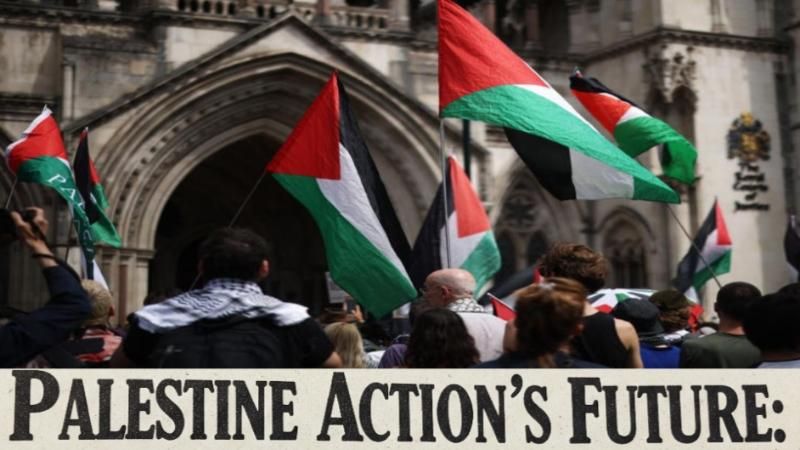A Defining Moment for Dissent in Britain
The British government's recent proscription of Palestine Action (PA) under the Terrorism Act 2000 has triggered a profound national debate, starkly highlighting the chasm between official policy and public conscience. Since PA's designation earlier this month, a wave of arrests has swept across the UK, raising significant alarm bells about the erosion of fundamental democratic freedoms amidst widespread opposition to the ongoing violence in Gaza.
This government decision to ban Palestine Action runs counter to strong public sentiment. A substantial majority of Britons (55%) oppose Israel’s military actions in Gaza, with nearly half the population believing these actions constitute genocide. Despite this, the UK maintains its contentious policy of supplying weapons to Israel, including vital F-35 jet components, a stance recently affirmed as lawful by the High Court.
The immediate repercussions of PA's proscription have been severe. On July 4th, 29 campaigners, including an 83-year-old priest, faced arrest for holding placards stating, "I oppose genocide. I support Palestine Action." These individuals now face charges under Section 13 of the Terrorism Act 2000, which criminalizes displaying support for a proscribed group, carrying a maximum sentence of six months imprisonment. Over 70 additional arrests have followed at protests nationwide, as police now deem chanting, specific clothing, or any displayed articles associated with Palestine Action as criminal offenses. Critics, including Home Secretary Yvette Cooper, argue that PA's direct actions against businesses involved in the arms trade with Israel warrant the ban. Many, however, contend this move is an overreach, weaponizing anti-terrorism legislation to silence dissent.
Political Divisions and Labour's Stance:
The proscription has deeply divided the political landscape, particularly within the Labour Party. While the Home Secretary champions the ban, nine current Labour MPs openly defied this stance, voting against the proscription in the House of Commons. These include prominent figures like Diane Abbott and Nadia Whittome, whose dissent underscores a deep ideological divide within the party regarding the legitimacy of protest against perceived complicity in a humanitarian crisis.
Jeremy Corbyn and the Emerging Political Landscape:
Jeremy Corbyn, the former Labour leader, remains a steadfast supporter of Palestine Action and the broader Palestinian cause. Having already had the Labour whip removed, Corbyn has been at the forefront of condemning the proscription, asserting it represents "desperate cries of a draconian government trying to shield itself from accountability." Corbyn, alongside former Labour MP Zarah Sultana, is actively forming a new political project. While yet to be formally named, this initiative centers on the Gaza situation and the UK government's stance. Both Corbyn and Sultana view Labour's current positioning as a "moral and political betrayal." Their new endeavor is anticipated to be rooted in grassroots activism, unequivocally supporting groups like Palestine Action and amplifying calls for an end to UK complicity in the conflict.
Views of Labour MPs Facing Disciplinary Action:
While specific "newly suspended" Labour MPs are not identified in direct relation to Palestine Action, many Labour MPs critical of Israel's actions and UK policy likely hold sympathetic views toward PA's objectives, if not always their specific tactics. The broader sentiment among pro-Palestine Labour MPs, including those who have faced disciplinary measures, expresses deep concern over the escalating humanitarian crisis in Gaza and the perceived failure of the UK government to act decisively. Their primary focus remains advocating for an immediate ceasefire, an end to arms sales to Israel, and recognition of a Palestinian state.
The Future Trajectory of Palestine Action:
Palestine Action's future remains precarious. The group faces significant legal challenges; its proscription renders any form of support a criminal offense punishable by up to 14 years in prison. Although a recent High Court ruling upheld the ban, activists are preparing for further legal challenges. Their upcoming High Court case will be a pivotal moment, determining whether the government's proscription stands as a victory for "national security" or is overturned as an assault on fundamental civil liberties and the right to peaceful protest. Activists are bracing for a prolonged legal fight, anticipating the issue will continue to be before the courts as long as the current Home Secretary remains in power. Despite severe legal repercussions, strong public opposition to the Gaza conflict and the UK's role in it suggests the movement for Palestinian rights will not be easily suppressed. Continued arrests of activists, including the elderly, underscore the perceived injustice, potentially galvanizing further support for Palestine Action's cause, even if its methods adapt to the new legal landscape. Palestine Action's future will likely be defined by a persistent struggle for the right to dissent, ensuring voices opposing perceived complicity in violence are not silenced.
UK Government Unleashes Draconian Crackdown on Palestine Action Amidst Public Outcry
The British government's decision to proscribe Palestine Action as a "terrorist" organization has ignited widespread outrage and a surge in arrests, sparking serious concerns about the state of free speech and dissent in the UK. This move, enacted under the Terrorism Act 2000, has been met with fierce condemnation from activists, civil liberties groups, and a notable contingent of Members of Parliament who view it as a direct assault on democratic rights.
Since Palestine Action (PA) was officially banned earlier this month, expressing support for the group has become a criminal offense. The chilling effect was starkly demonstrated on July 4th, when 29 campaigners, including an 83-year-old priest, were arrested for simply displaying placards with messages of opposition to genocide and support for Palestine Action. These arrests, along with over 70 more in subsequent days across the country, highlight the stringent enforcement of the proscription, which carries a maximum six-month prison sentence for showing support.
The government's hardline stance contrasts sharply with public sentiment. Recent polls indicate that 55% of Britons oppose Israel's military actions in Gaza, with nearly half believing these actions constitute genocide. Despite this, the UK government continues its highly contentious policy of supplying weapons to Israel, including vital components for F-35 jets, a policy recently upheld by the High Court.
Critics contend that the proscription of Palestine Action is a desperate attempt to silence a movement that has successfully drawn attention to the UK's role in the conflict. They argue that the government is misusing anti-terrorism legislation to suppress legitimate protest and shield itself from accountability for its deeply unpopular foreign policy.
Within Westminster, the proscription has exposed deep divisions. While Home Secretary Yvette Cooper maintains that Palestine Action's disruptive tactics warranted the ban, nine current Labour MPs notably voted against the measure in Parliament. These MPs, including Diane Abbott and Nadia Whittome, represent a significant voice of dissent within the political establishment, arguing for the right to protest perceived injustices.
Former Labour leader Jeremy Corbyn, who has already had the whip removed, has emerged as a leading voice against the ban, describing it as an "absurd" and "authoritarian" attempt to "shield itself from accountability." Corbyn, alongside former Labour MP Zarah Sultana, is reportedly forming a new political party. This new initiative places the UK's stance on Gaza and the suppression of pro-Palestine activism at its core, aiming to provide a platform for those who feel unrepresented by mainstream politics on these critical issues.
The future of Palestine Action now rests squarely with the courts, as an upcoming High Court case is set to challenge the legality of the proscription. Activists are prepared for a prolonged legal battle, vowing to fight for freedom of expression and to continue raising awareness about the ongoing humanitarian crisis in Palestine. The outcome of this legal showdown will undoubtedly have profound implications for civil liberties and the future of protest in the United Kingdom.








.svg)

